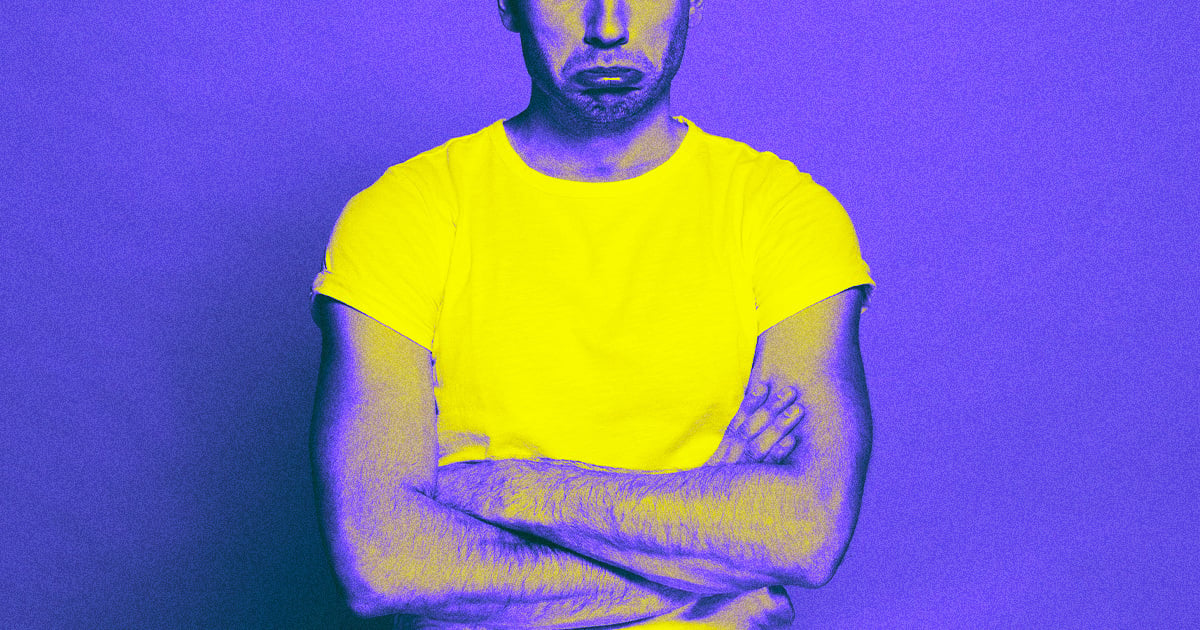Setting aside the usual arguments on the anti- and pro-AI art debate and the nature of creativity itself, perhaps the negative reaction that the Redditor encountered is part of a sea change in opinion among many people that think corporate AI platforms are exploitive and extractive in nature because their datasets rely on copyrighted material without the original artists’ permission. And that’s without getting into AI’s negative drag on the environment.



Taking medium into account changes everything. A sculpture artist or painter doesn’t have the same interest or concern about AI art yet, and may never. They also tend to not have the same comprehensive view of AI generation as well as training data.
That being said, digital photography doesn’t remotely compare. If I were to set my DSLR up with a lens, set an F stop and shutter speed, the results would be similar to that of a film camera. A sensor takes in light in the same way film does. A 30 second exposure at a 500 ISO will compare to a 30 second camera on a certain film type, which is comparable to ISO settings.
Artificially bumping up light sensitivity on a DSLR degrades image quality. Analog and digital are largely comparable. So how would it apply to photography? It’s not just automatically making a picture, and if it were doing that on auto, it’s still not all that different from a film photo with generic catch all sensors and light metering.
Photography is all about catching the moment, personally I captured night landscapes via manual long exposure on a DSLR, but none of that is automatic.